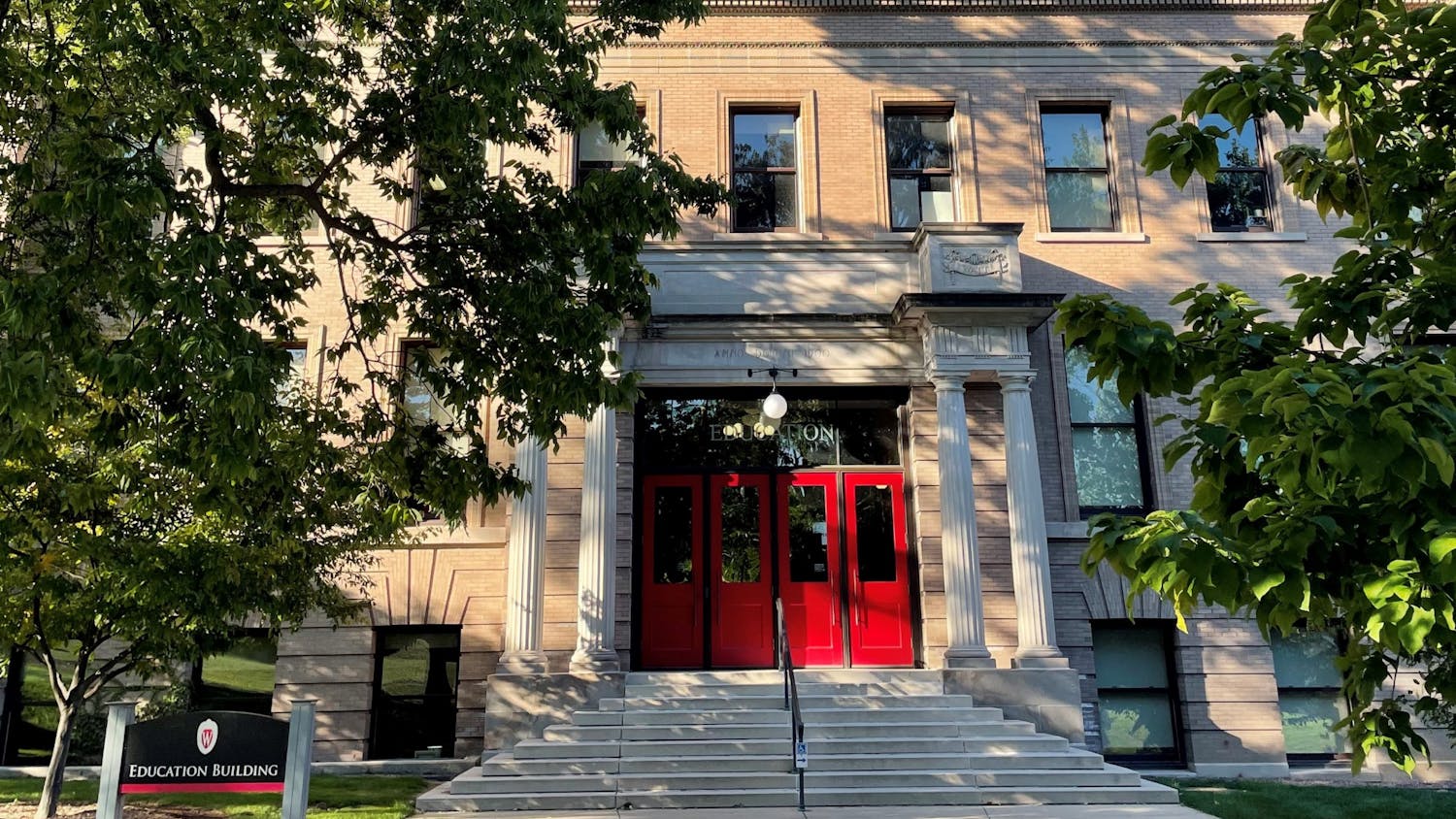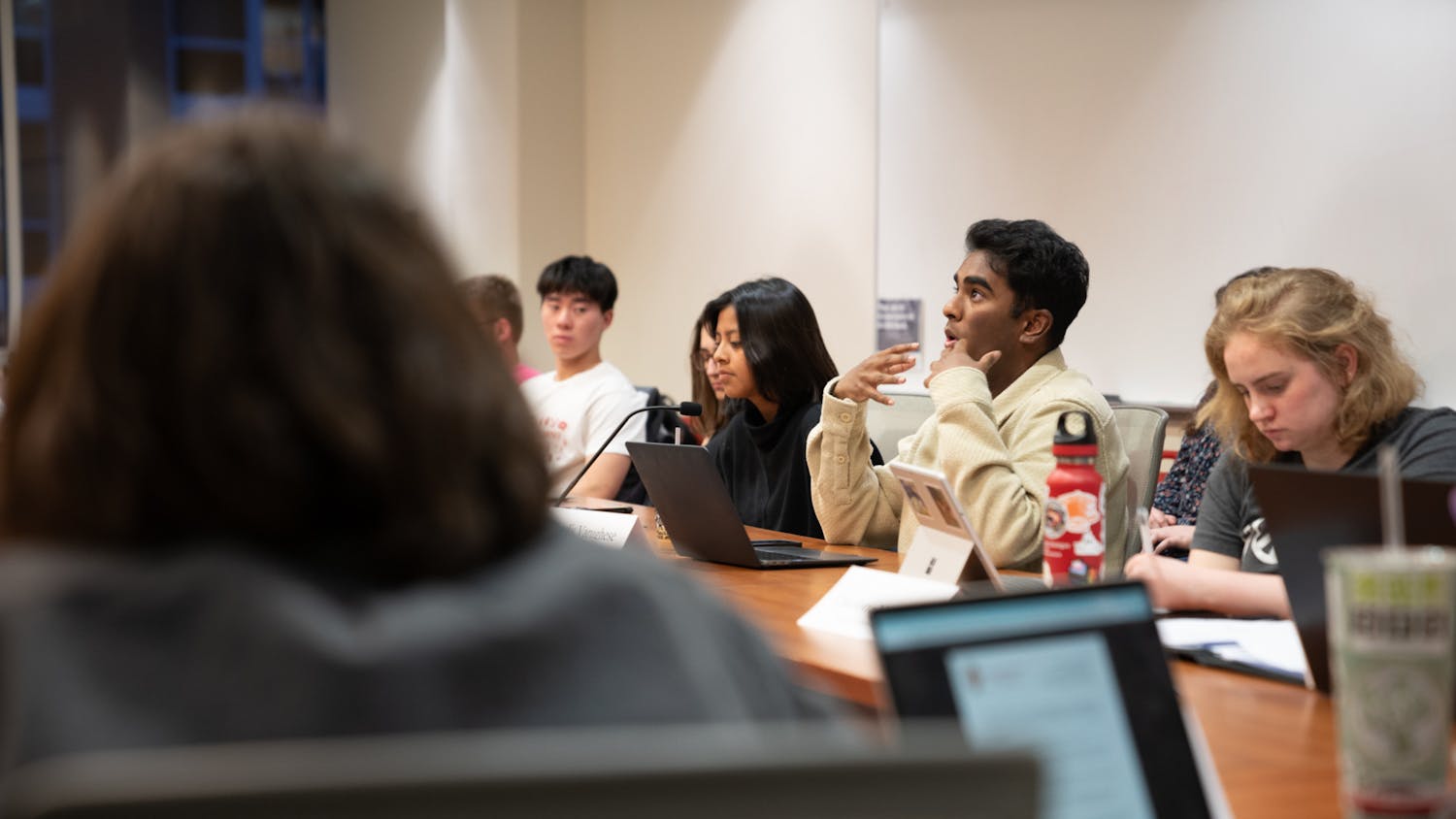“Communication is key,” a phrase we are probably all too familiar with. Whether it is coming from our soccer coach from grade school, or our current academic advisors attempting to convince us that never contacting them is simply not to our benefit, such a statement is bound to be heard. It is human nature to communicate, to collaborate, to conspire. However, it is also human nature to perceive ourselves as more correct than the next person. So often we value our own opinion over differing ones, and become offended by views that do not match our own.
Communication breeds success, and by forbidding or censoring it, we are only doing ourselves a disservice. As many of us already know, the college years are a crucial, transformative period of personal growth. It is the time when students consolidate an identity that is adult-like and become more goal oriented. Many say these are the best years of one’s life, straddling between adolescence and adult life, with freedom from parental supervision, but still living without the cumbersome responsibilities that life after college entails. College has become a blurred line—an indecisive portion of one’s life where autonomy is necessary, yet not always fostered.
I believe college needs to be a time of novel, uninhibited experiences and experiments. Please don’t get me wrong, I am not stating that marginalized groups and people who feel discriminatory or inappropriate pressure should not be permitted to feel safe. It is natural to stand up for what you believe in, and to act out when that belief is threatened. However, I am simply articulating that all members of the UW community should share their views and challenge others. The only way we grow is by forcing ourselves to open our minds to differing opinions, and then rationally debating these ideas. By doing so, intellectual and social improvement is cultivated.
Students and parents alike feel as though they should be protected against offensive media on campus. Furthermore, administrators work extremely hard to minimize and eliminate politically incorrect or socially unacceptable action. However, I believe such behavior is incredibly important for our collegiate, interpersonal and academic growth.
To my concern, we are becoming a society in which censorship is the new black. In a world where fragility is in fashion, I believe that it is important that we do not let our feelings oppress our freedom. Although the concept may be hard to digest, censorship and autonomy are mutually exclusive.
Ultimately, I believe that in the UW community and the surrounding world, the best way to learn is to communicate without uncertainty. But not just black and white communication. What we need is communication where everyone’s ideas and viewpoints are heard and respected, however despicable they may be. Especially with a presidential election around the corner, we must keep this in mind. Unpopular ideas are not going anywhere in the near future, so stay true to your moral code and argue back against them. Maintaining silence is a tactic that should only be used by children when occurring in an argument. So next time you hear someone speaking, do yourself a favor, put down your phone and listen to what they have to say. In order for us to create our own autonomy and identity, we must first learn about each other’s, whether we like it or not.
Olivia is a freshman here at UW. Do you agree with her statement that there is an increased presence of censorship in our society? Do you believe it is important for college students to be exposed to the harsh realities of the real world? Let us know at opinion@dailycardinal.com.






